The gaming industry has recently been rocked by news of Nintendo’s aggressive legal action against emulator developers. In a high-profile case, the gaming giant successfully sued the creators of Yuzu, a popular Nintendo Switch emulator, for a staggering $2.4 million. This lawsuit has sent shockwaves through the emulation community, raising concerns about the future of emulation and its legality.
Understanding Emulation and Its Controversies
Emulation is the process of running software or hardware designed for one system on a different system. In the context of gaming, emulators allow players to enjoy games from older consoles on their modern devices, providing access to classic titles that may no longer be available on their original platforms. While emulation has been a popular practice among gamers for decades, it has also been a source of controversy, particularly for gaming companies like Nintendo.
Nintendo has long been a vocal opponent of emulation, arguing that emulators infringe upon the company’s intellectual property rights and facilitate piracy. The company has taken legal action against several emulator developers in the past, and the recent lawsuit against Yuzu is just the latest example of Nintendo’s ongoing battle against the emulation community.
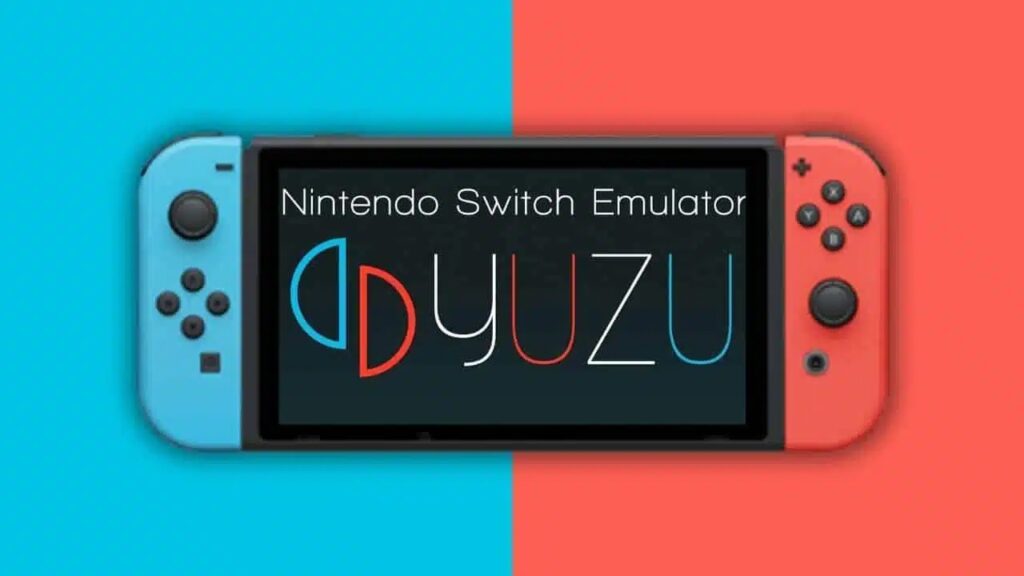
The Fall of Yuzu and Its Impact on the Emulation Scene
The closure of Yuzu is a significant blow to the emulation community, as it was one of the most popular and well-regarded Nintendo Switch emulators available. Yuzu’s developers had worked tirelessly to create a feature-rich and user-friendly emulator that allowed players to enjoy Switch games on their PCs. However, Nintendo’s successful lawsuit has effectively shut down the project, leaving many users without access to their favorite emulator.
While Yuzu may be gone, it is important to note that it is not the only Switch emulator available. There are still other options out there, such as Ryujinx and Atmosphere, although they may not be as advanced or user-friendly as Yuzu was. The emulation community is known for its resilience and resourcefulness, and it is likely that new emulators will continue to emerge in the wake of Yuzu’s closure.
The Challenges Faced by Android Users Seeking Legal Emulators
For Android users, the situation is even more complex when it comes to finding legal emulators. Google Play Store policies prohibit the distribution of emulators that can play copyrighted games, making it difficult for users to find legitimate emulation options on the platform. This policy is in place to prevent piracy and protect the intellectual property rights of game developers and publishers.
Despite these challenges, there are still a few legal emulation options available for Android users. One such example is RetroArch, an open-source emulator platform that supports a wide variety of consoles and can be installed on Android devices without violating Google Play Store policies. However, users must be cautious when downloading RetroArch cores and ensure that they are only using them to play games that they legally own.
The Future of Emulation and Gaming Preservation
Nintendo’s legal victory against Yuzu has raised concerns about the future of emulation and its role in gaming preservation. Emulators have long been used by gamers and researchers alike to preserve and study classic games that may otherwise be lost to time. However, Nintendo’s aggressive stance against emulation threatens to undermine these efforts and limit access to important pieces of gaming history.
As technology continues to evolve and older gaming systems become obsolete, emulation will become increasingly important for preserving the industry’s cultural heritage. Without emulators, many classic games may be lost forever, as the hardware required to play them becomes rare and difficult to maintain. It is crucial that the gaming community and industry stakeholders work together to find a balance between protecting intellectual property rights and ensuring the long-term preservation of video game history.
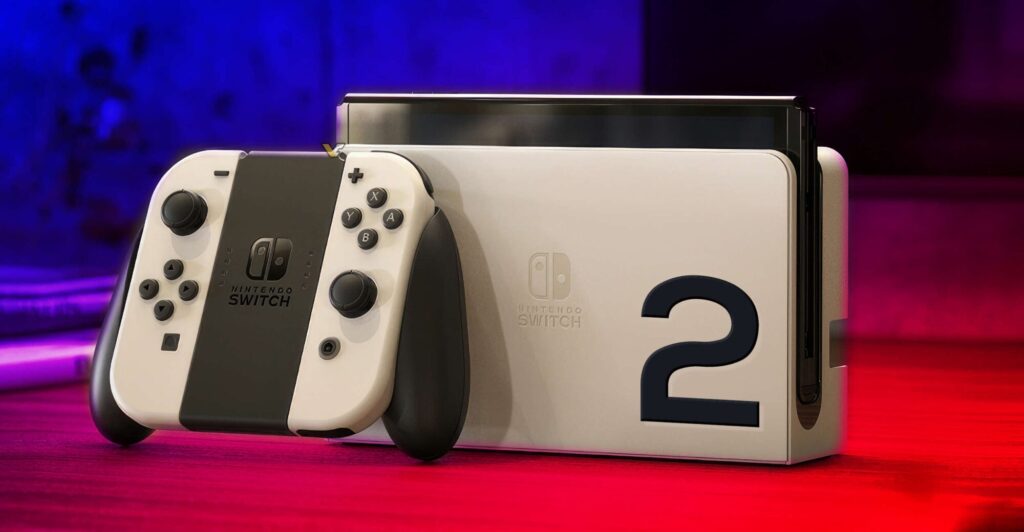
The Ongoing Battle Between Nintendo and the Emulation Community
The recent lawsuit against Yuzu is just the latest chapter in the ongoing battle between Nintendo and the emulation community. Nintendo has a long history of taking legal action against emulator developers, and it is unlikely that this trend will change anytime soon. The company sees emulation as a threat to its business model and intellectual property, and it will continue to use legal means to shut down emulators and discourage their development.
However, the emulation community is a passionate and dedicated group that is unlikely to be deterred by Nintendo’s legal threats. As long as there is demand for classic games and a desire to preserve gaming history, emulator developers will continue to find ways to create and distribute their software. It remains to be seen how this ongoing battle will play out, but one thing is certain: the future of emulation and gaming preservation hangs in the balance.
Conclusion
Nintendo’s successful lawsuit against the developers of the Yuzu Switch emulator has sent shockwaves through the gaming community, raising important questions about the legality of emulation and its role in preserving video game history. While the closure of Yuzu is a significant blow to the emulation scene, it is unlikely to be the end of the story. The emulation community is a resilient and resourceful group that will continue to find ways to create and distribute emulators, despite the legal challenges posed by companies like Nintendo.
As the gaming industry continues to evolve, it is crucial that stakeholders work together to find a balance between protecting intellectual property rights and ensuring the long-term preservation of video game history. Emulation may be a controversial topic, but it plays an important role in keeping classic games alive and accessible for future generations. Only by finding a way to coexist can we ensure that the rich cultural heritage of the gaming industry is not lost to time.







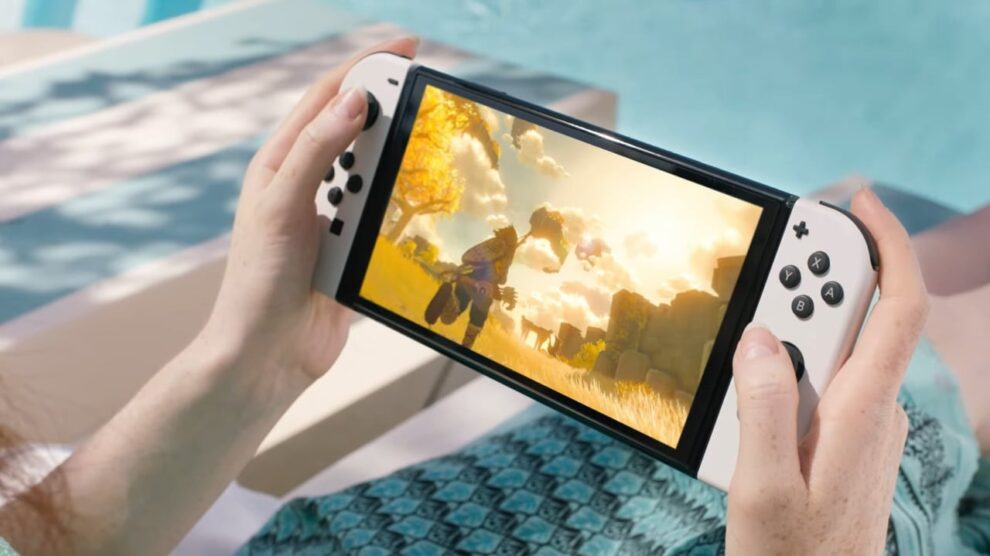
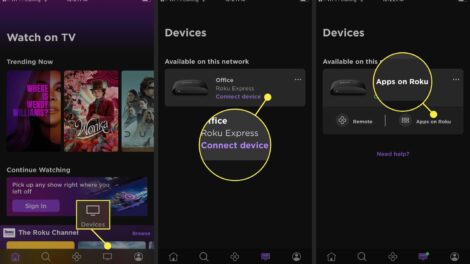
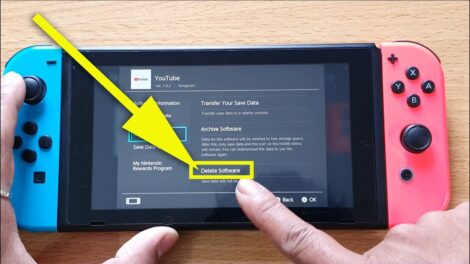
Add Comment